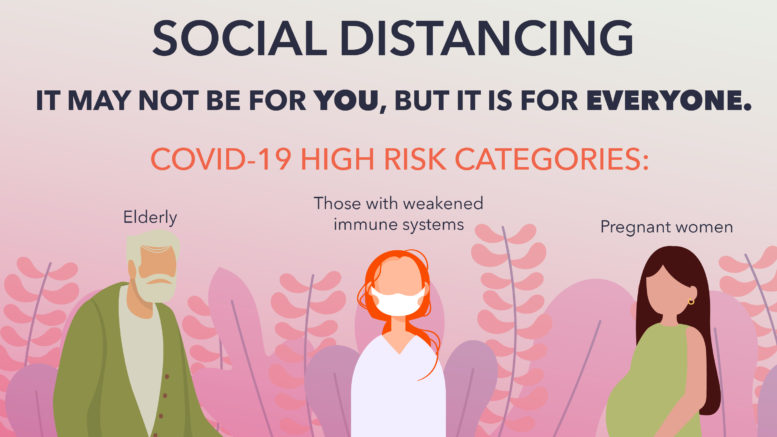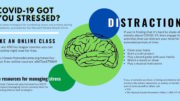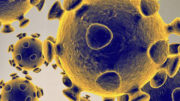In response to this COVID-19 pandemic, we are being instructed by officials asking us to do something that does not come so naturally to us. We are being instructed to follow simple rules: to not keep close contact with others and to wash our hands, among others. However, social distancing is not easy.
First off, social distancing can affect our mental health, according to peer-reviewed academic journal Science. Over a long period of time of isolation we can develop certain health problems, “including heart disease, depression, dementia, and even death,” which are very bad consequences that might have not even come across our minds. This is most likely because in our lives we depend on face-to face interaction so that we get to really observe someone’s expressions or gestures. Brigham Young University research psychologist Julianne Holt-Lunstad told Science, “On the one hand, I am concerned that this will not only exacerbate things for those who are already isolated and lonely, but also might be a triggering point for others to now get into habits of connecting less.” It is not so easy to not see people that have helped you get through tough times, especially when those people do not live with you.
Not being able to go to large events that make you feel closer to the people and world around you is also difficult. Harvard University sociologist Mario Small told Science, “it dramatically magnifies the sensation for you while also reinforcing the idea that you’re something larger than yourself.” Think about it: part of the concert experience is having people close to you engaging in conversation about the same person you love.
In an effort to slow the spread, businesses are closing and much of America’s economy is shutting down. People are not working and that is hurting everyone; unemployment is rising, and jobless people are not contributing to the economy by spending money either. In certain jobs, interaction is crucial, and with that not happening these industries will suffer. According to Berkley Blog, “low-wage workers such as janitors, food service workers and retail cashiers can’t work remotely, and they also often work for contractors with less-enlightened policies. If these workers are temporarily idled by specific quarantines, school closures affecting their children or workplace closures motivated by general social distancing efforts, they won’t get paid. Their families tend to have little savings and live in an economically precarious state even in good times. Without work, these families face near-term risks of intense economic hardship and possible eviction.” These families are losing their jobs and it is not looking so good for those that do not make enough money in order to provide for their families.
As for the environment, parks and monuments are closing but also come hand-in-hand with the economy. Resources Magazine stated that “A groundbreaking new study from RFF researchers analyzes the impacts of 14 monument designations over 25 years and finds that establishing national monuments helps, rather than hinders, rural economic growth.” Because many of these national parks are closed, they are not generating revenue for the economy.
The situation is also especially hard for students in universities and high schools: they are not able to have a social life, but also, the connections between professors and jobs are diminished as they are not able to fully express themselves virtually. Family medicine physician Farvah Fatima, M.D., told the Henry Ford Health System that “these seniors in schools have already been exposed to how quickly things can change and how fragile life is.”
This epidemic is not going to go away quickly. There are cons to social distancing but the most important thing is that we tell everyone we love them and that we are grateful. The pain people are feeling now is horrible, leaving us with the question: what do we need to do to stop this way of life?





